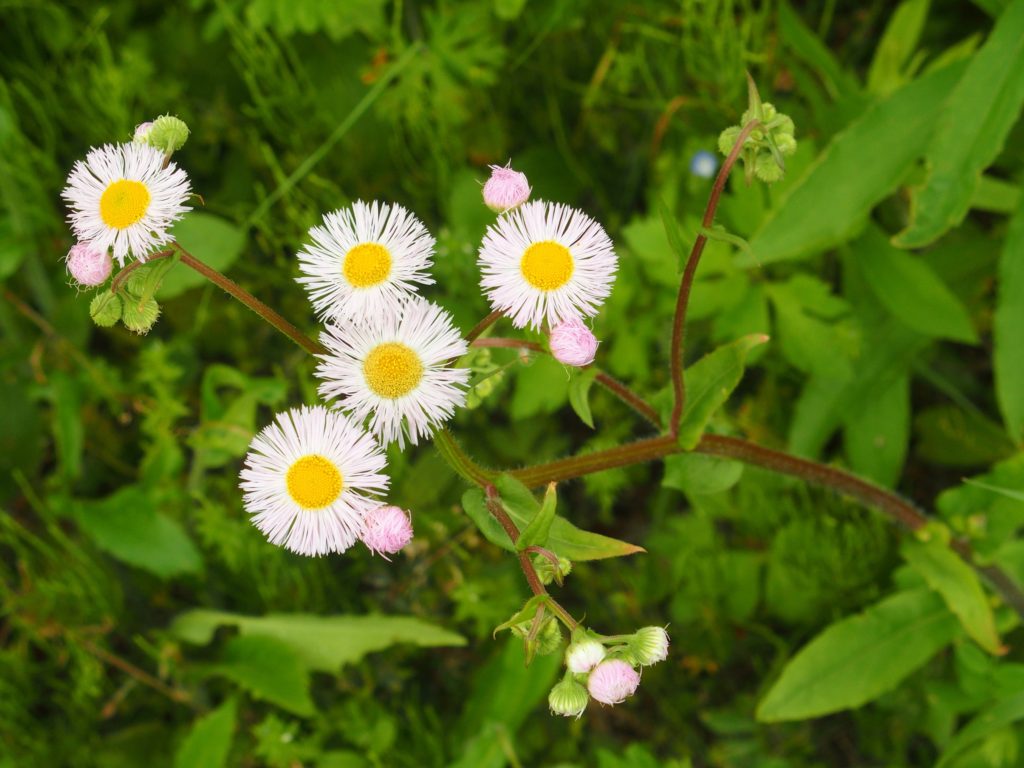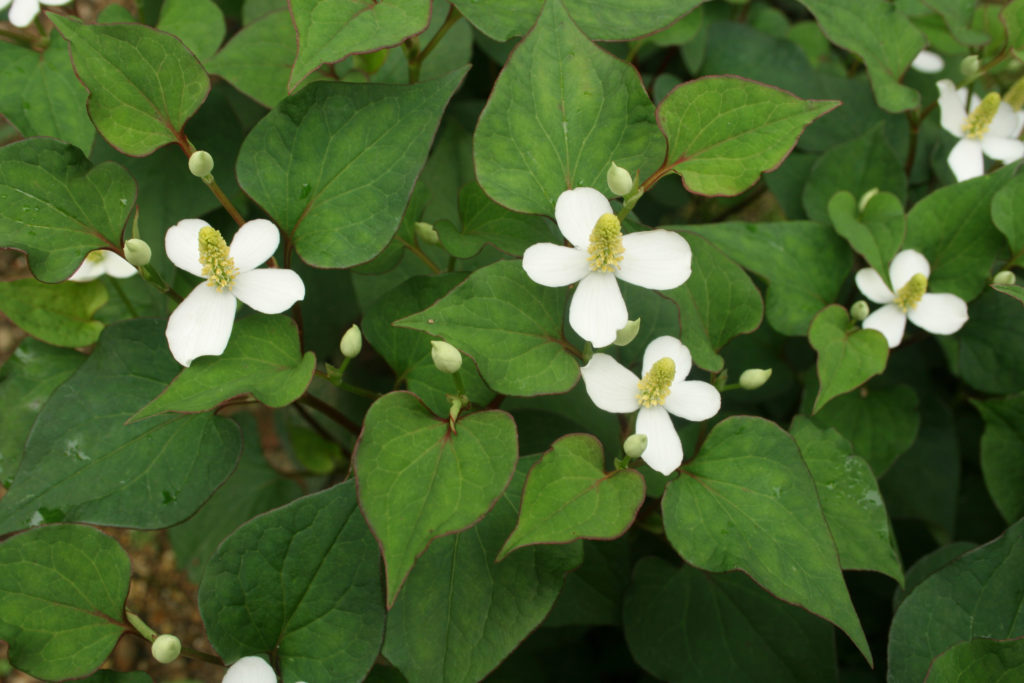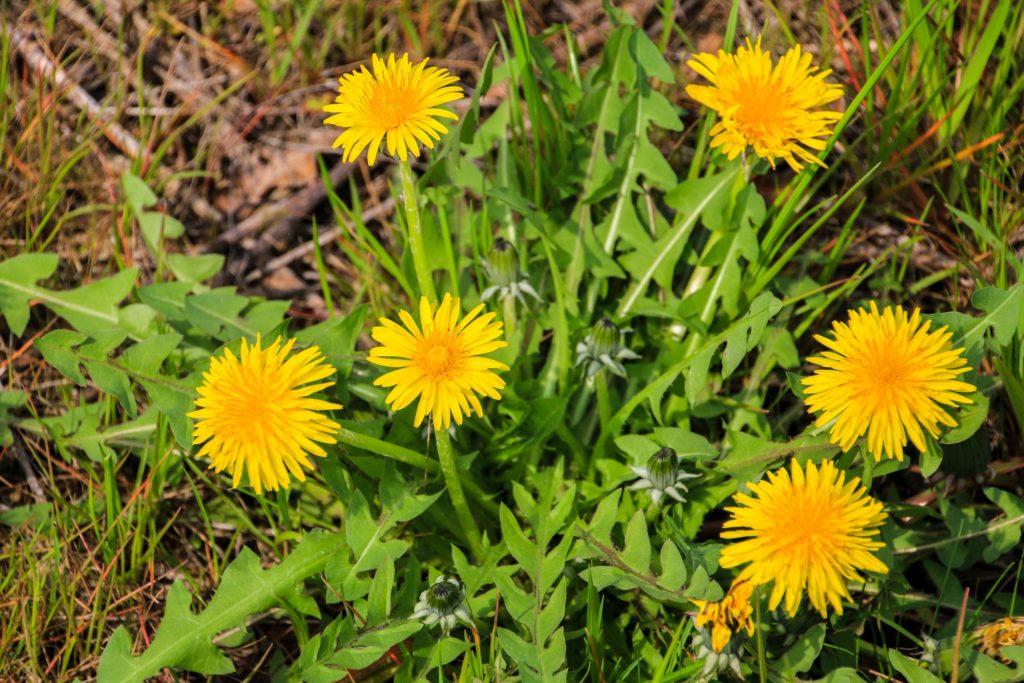Realize the essence of things around you
Have you ever become interested in "weeds"?
Weeds refer to plants that reproduce naturally, and while some are not useless and have medicinal effects, there are also a variety of plants that are poisonous.
Did you know that Emperor Showa once said, ``There is no such thing as a weed?''
I learned this from the president of CERARICA University.
As the name suggests, Hiroshiba, the garden of the Emperor's throne, is a large garden, and grass seeds fly from all over the place, making it overgrown with a variety of weeds in the summer. One summer, shortly after the war, when the Emperor and Empress returned from their summer vacation, Lord ChamberlainMr. Irie apologized and said, ``I'm truly sorry, but the weeds are overgrown and this is all that remains.I will clean it up someday.'' In response, Emperor Showa said, ``There is no such thing as a weed in the first place.Every plant has its own name and lives wherever it pleases. You mustn't clean it,'' he said, conveying a deep meaning.
Even the plants we call "weeds" have their own names, and even the "language of flowers". The hated "weeds", which have vitality and keep growing no matter how much you pull them out, not only make us feel the four seasons, but also each one has a name, is created in this world, and absorbs carbon dioxide. They emit oxygen, purify water, and support the beauty of the entire planet.
Why don't you pay attention to the tiny lives with the Japanese's innate ``heart of awareness''?
<References> ●Aimasa Irie, “The Tale of the Imperial Chamberlain”/Published in 1980
Learn more about grass
Here, we will introduce each type of grass that you often see on the roads.
Halzion

A perennial herb that belongs to the family Asteraceae and the genus Mugwort.
It is also called poor grass because of the legend that if you break or pluck its flowers, you will become poor.
It prefers to grow in areas with high nitrogen content, such as pastures and fields, and can be eaten deliciously as tempura or dipping sauce. Flower language: “Reminiscence of love”
Dokudami
(also known as Dokudame, Juyaku, Gyoseiso, Jigokusoba, Umazeri)

A perennial plant of the Dokudamiaceae family.
It grows in clumps in damp shaded areas, has a unique scent, and has been widely used as a folk medicine since ancient times.
Language of flowers: "Wild" "White Memories"
Efficacy: Detoxification, antipyretic, prevention of arteriosclerosis, diuretic effect
dandelion

Generic name for the genus Dandelion of the Asteraceae family.
Dandelions that can often be seen in Japan include the Japanese dandelion, which has grown wild since ancient times, and the Western dandelion, which was introduced from foreign countries after the Meiji period.
Japanese dandelions bloom only in spring, while Western dandelions can often be seen in urban areas regardless of the season. Flower language: "Oracle of love", "True love", "Separation"



